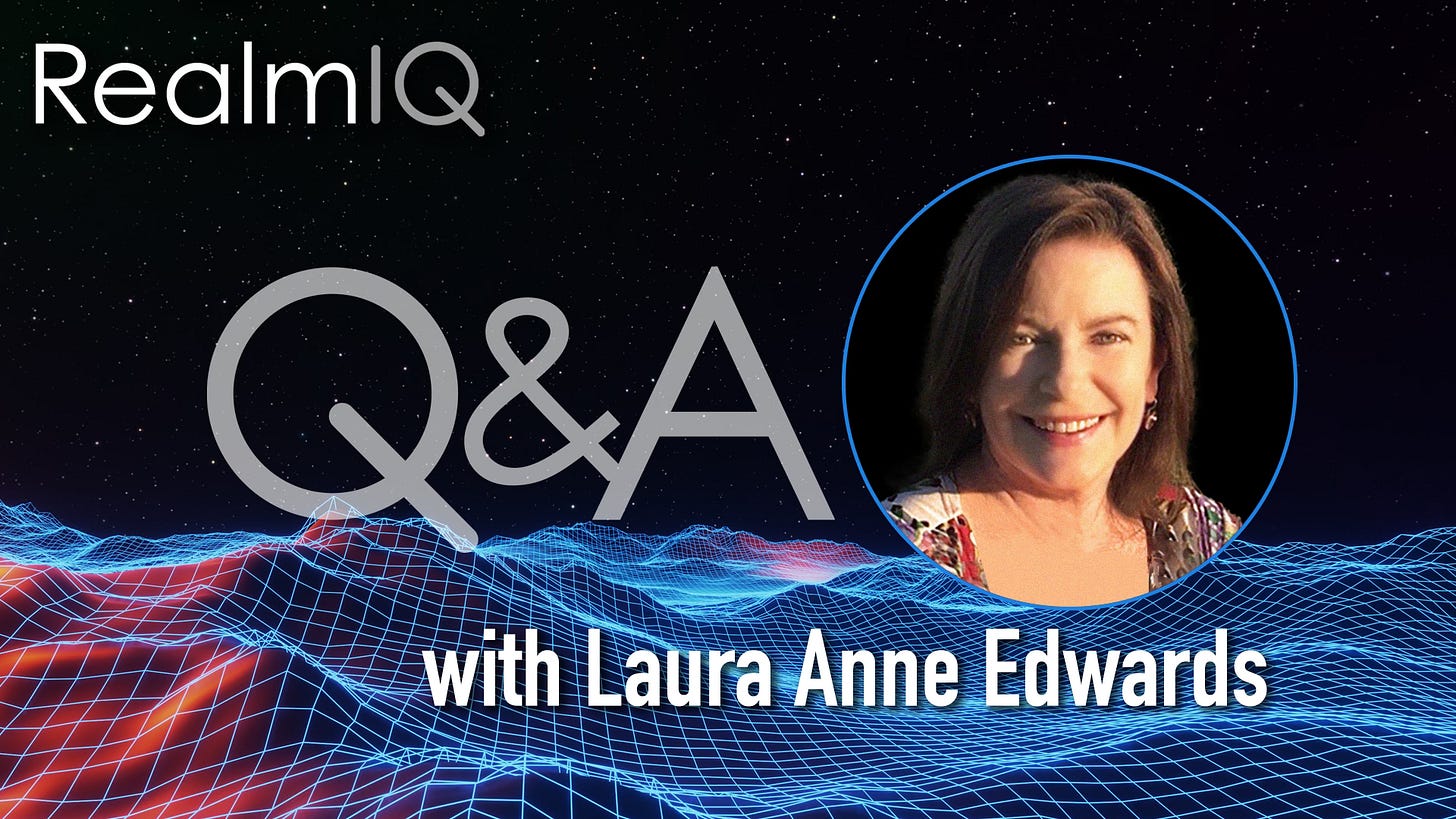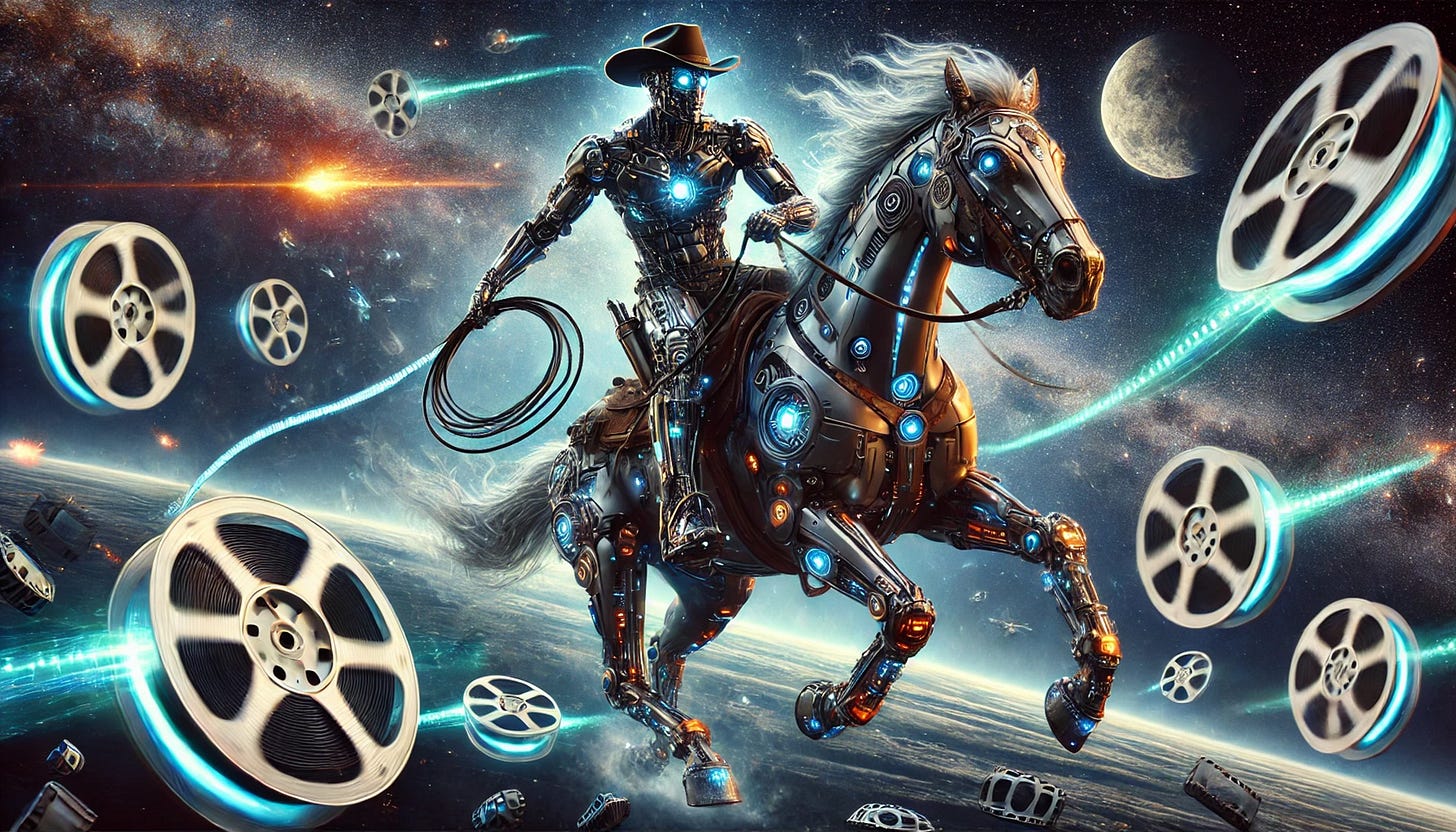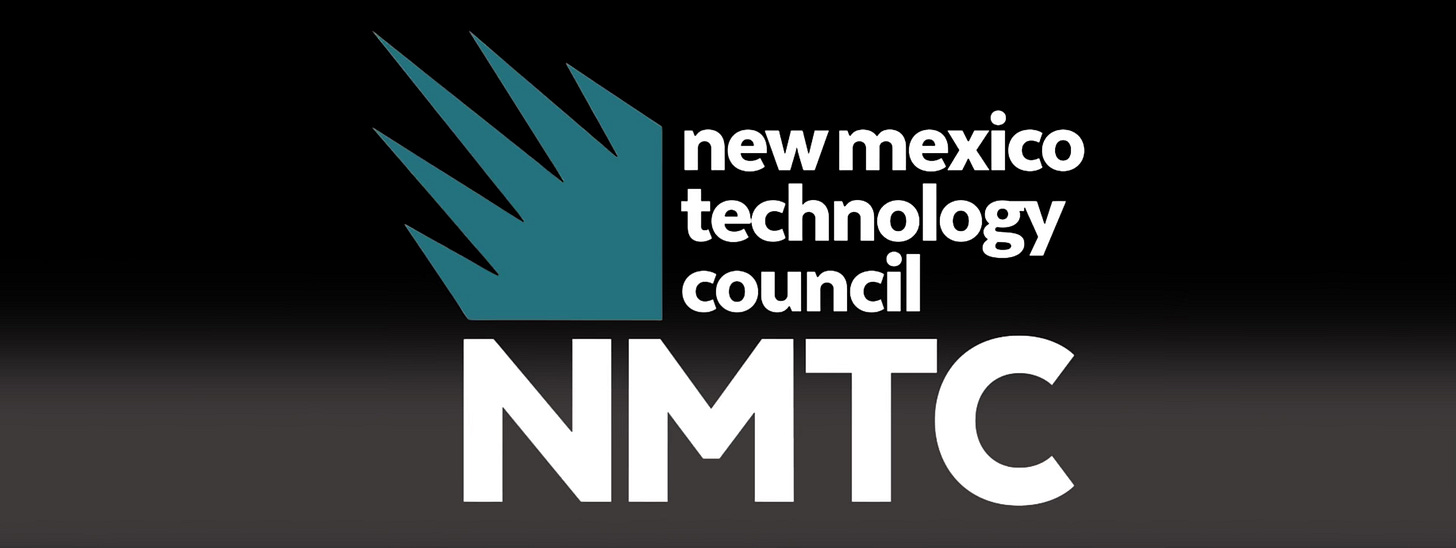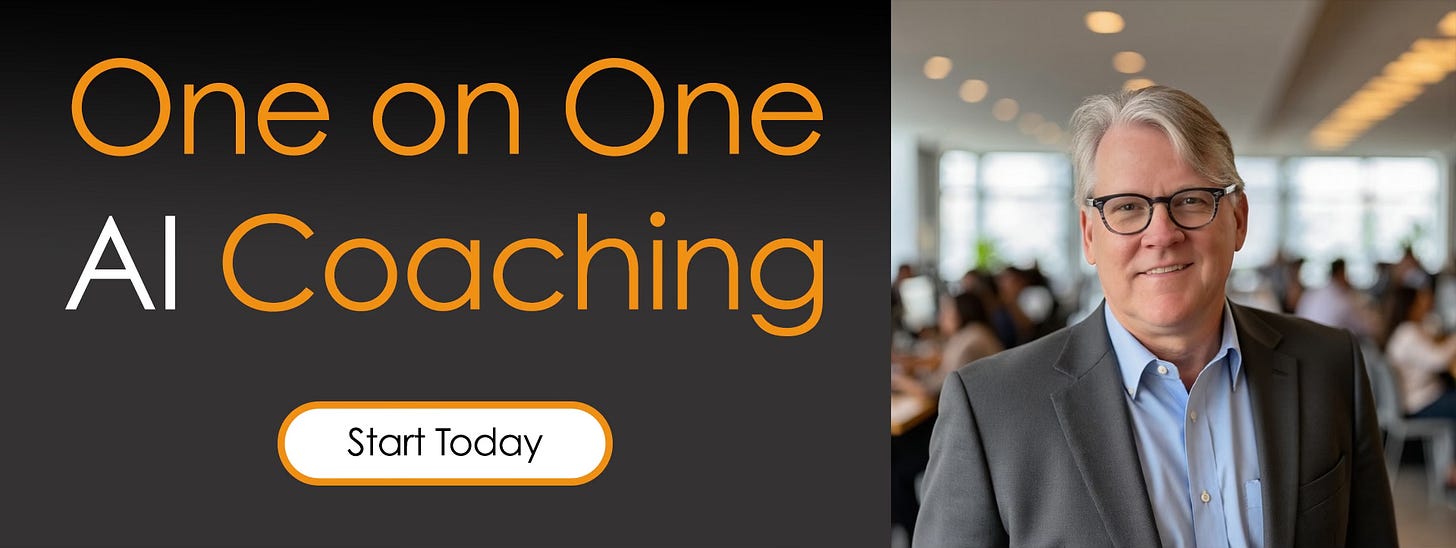Q&A with Laura Anne Edwards
From the recent RealmIQ: Sessions podcast
I had the pleasure of sitting down with Laura Anne Edwards—an innovation catalyst, NASA Datanaut, and member of the Oxford Space Initiative. Laura connects the dots between climate change, space tech, and data, with a focus on systems thinking and ethical innovation. From our early days in media production to her pivot into environmental action, Laura’s journey is as inspiring as it is urgent. Let’s dive into this timely and expansive dialogue.
Curt Doty: Laura, you and I go way back—almost 30 years. How did your career evolve from media production into climate, space, and data activism?
Laura Anne Edwards: I’ve always had a passion for conservation. I started in commercial solar, then made a sharp pivot into media, where we met. Eventually, I circled back to my environmental roots. I realized I could be a change agent by focusing on open data and the systems challenges around climate. There’s so much data, but it’s underutilized—it's not even searchable. That insight pushed me into the green tech and open data space.
Curt: That’s powerful. How do you see data helping in the fight against climate change?
Laura: Data leads to information, which leads to insight. But by the time we gather data, debate it, and act on it, the situation may have changed. That’s where AI can help—by enabling more dynamic systems thinking and real-time adaptation.
Curt: So it’s not just about data volume, it’s about smarter, actionable data. How do the latest developments in AI assist in this?
Laura: Yes—AI brings learning to the table. Unlike traditional databases, AI adapts. We’re seeing AI used in situational awareness tools, mainly in defense, but the technology will flow into the public and private sectors. Satellite data, for instance, is expensive and logistically tough to gather. AI helps analyze it more efficiently, making it accessible and useful at scale.
Curt: That brings us to public data and its availability. Can AI fill the gaps where data is missing?
Laura: Absolutely. One exciting use case is AI mapping where data is not being collected. Think of a heatmap of missing information—just like power or broadband maps. That’s crucial for global equity, especially in the Southern Hemisphere, where data sovereignty is becoming a serious movement.
Curt: Are there geopolitical or privacy concerns around sharing this kind of data?
Laura: Of course. Governments have national security concerns. But for the most part, climate data is less contentious. The bigger challenge is that there’s too much data now—AI can help us pre-process and prioritize what matters most.
Curt: Let’s talk about your systems thinking. You’ve said there are six interconnected systems shaping the future—what are they?
Laura: Climate, space, biotech, geopolitics, universal connectivity, and AI/quantum computing. These systems are evolving together, not in silos. The opportunity lies in finding high-leverage intervention points—where to "throw the dart" to make the biggest impact.
Curt: You also advocate for space tech in climate efforts. I’ve been skeptical about space exploration while Earth is in crisis. What’s your take?
Laura: Good question. When I say “space,” I mean near-Earth orbit—the realm of satellites and communications, not Mars. That little ribbon around Earth powers GPS, climate observation, and disaster monitoring. We depend on it every day. Investing in it is not escapism; it’s essential infrastructure.
Curt: And how about 5G and mobile connectivity? Where does that fit in?
Laura: It enables real-time data collection by everyday people. Think citizen science at scale. If four billion people used smartphones to follow prompts for data collection, that’s a game-changer. It’s not just about AI—it’s about creating new modes of participation.
Curt: What’s on your one-to-three-year wishlist for AI’s role in all this?
Laura: I’m fascinated by the idea of AI as legal guardians for nature—representing forests, dolphins, or tuna migrations. Also, I dream of an AI-powered reference librarian that unifies siloed data archives globally. And finally, generative AI as a storytelling tool—enabling small teams to produce high-impact climate narratives quickly and affordably.
Curt: Yes! Storytelling is key. We've both come from a production background—AI is leveling the playing field now. But what about the environmental cost of all this compute?
Laura: Huge issue. More data centers mean more energy use and environmental impact. We need innovations in chip design, and alternative data center models—underwater or even in space. That’s a business opportunity waiting to happen.
Curt: Agreed. So to wrap—tell us about your work with NASA and Oxford.
Laura: NASA’s Datanaut program opened up access to its public data sets. We worked on accelerating the pipeline from data collection to public access. At Oxford, the Space Initiative focuses on space governance, commerce, and ethics. It's not about rockets—it’s about what kind of society we’re building in space, who sets the rules, and how to ensure it's ethical.
Curt: Thanks, Laura. Your systems-level thinking is inspiring. I hope our listeners are walking away with a renewed sense of urgency and optimism.
Laura: Thank you, Curt. It’s been a joy.
Listen to the full session on Spotify. RealmIQ Sessions is also available on YouTube, Apple Podcasts, iHeart, and more. Follow and subscribe! If your company is interested in sponsoring or promoting to an AI-literate audience, visit www.realmIQ.com/sponsors.
Ai Roundup
Wake-up call: Leadership in the AI age
America is facing the biggest, fastest, most consequential technological shift in history — at the very moment people have lost faith in the big institutions. Making matters worse, most of us feel exhausted before contemplating super-human intelligence — which is often so unimaginable or scary that it's easier to ignore than engage. Many are jamming their heads in the sand instead of exploring this new frontier. Now is not the time.
Cartwheel uses AI to make 3D animation 100 times faster for creators and studios
Backed by $10M in fresh funding, the new platform helps animators generate high-quality 3D motion from text, video, or live performance—without expensive tools or long timelines. [Image: Cartwheel] After years of AI disrupting industries and streamlining repetitive workflows, the technology is now poised to transform animation. In 2024, director and writer Tom Paton’s AiMation Studios released Where the Robots Grow, a fully AI-animated feature film. This space is moving quickly. Watch it.
Why AI isn’t fully replacing jobs—but is still reshaping the workforce
At Fortune’s Workplace Innovation Summit, Indeed’s CEO and OpenAI’s Chief People Officer sounded off about what AI means for the future of jobs. A great read. Take it to heart.
Labor dispute erupts over AI-voiced Darth Vader in Fortnite
SAG-AFTRA claims Epic didn't negotiate video game AI voice replacement terms. I have talked about this a lot. There is a legal and ethical way to do this. Do it then!
I had the honor of being featured in a member spotlight with the New Mexico Tech Council. Check it out here.
Introducing One on One AI Coaching with Curt Doty. Now is the time, whether you are a Newbie or a CEO. Start Today.
Your Path to Market Leadership Starts Here
AI adoption defines market leaders in this new age. At RealmIQ, we don’t just implement AI; we unlock its full potential to revolutionize how your business operates. Partner with us to lead your industry with AI-powered innovation. Learn More.
Want to advertise in RealmIQ+ or our Podcast?
If your company is interested in reaching an audience of AI professionals and decision makers, you may want to advertise with us.









